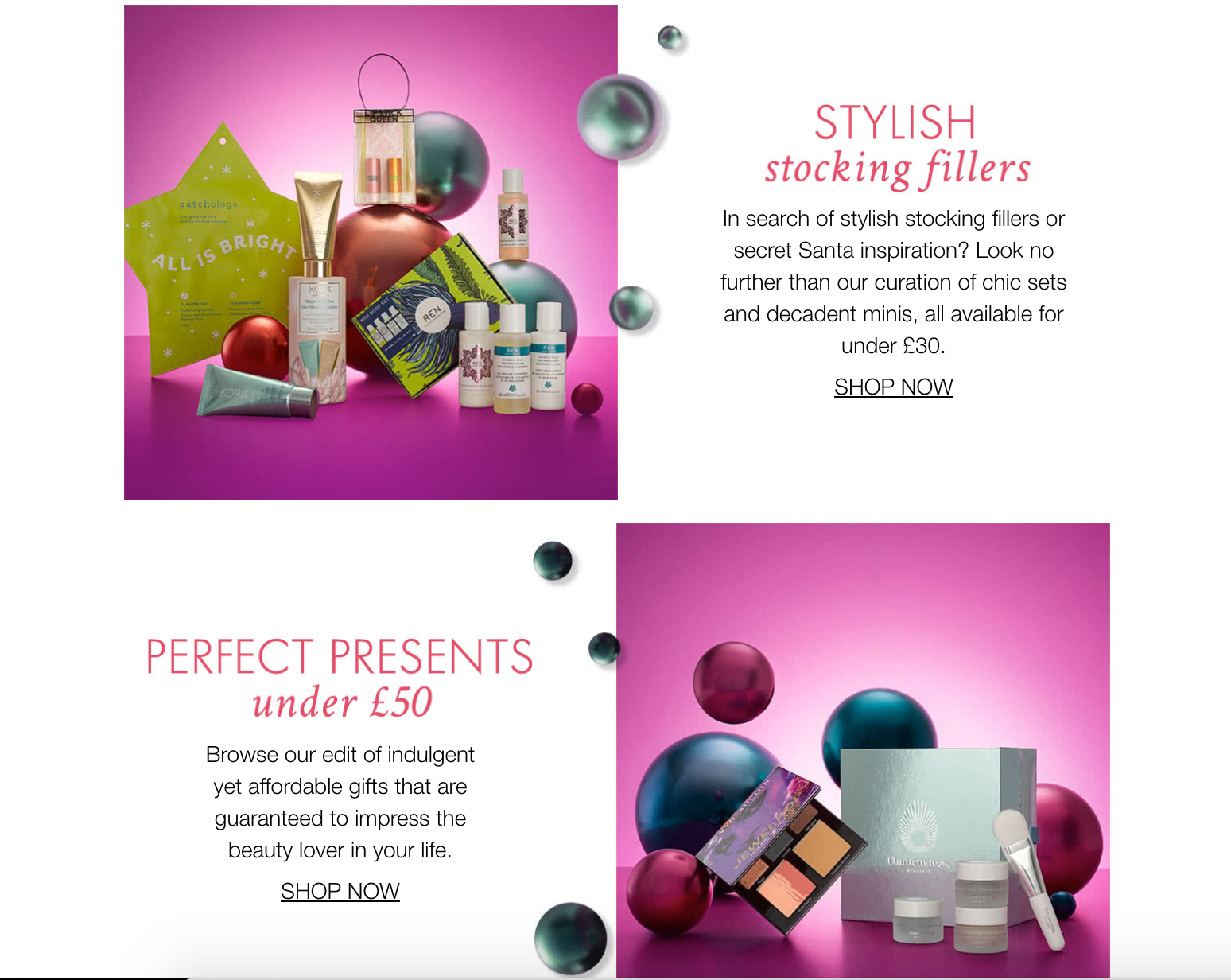Have you ever opened a marketing email and not immediately recognised what company it’s from, or the purpose of the email? It has no sales pitch or story or maybe it doesn’t even match their website? Sometimes it’s not their fault – they test their emails on desktops but don’t realise their emails don’t render correctly on mobile. Mobile devices now account for the majority of email opens. Believe it or not, some companies don’t even use email marketing. They have no idea of the opportunity they are missing out on! This highlights the importance of a strong email marketing strategy.
Fundamentals of email marketing and digital marketing strategy include an optimised website and great emails, even mobile-friendly ones. Said to have the biggest ROI and be the most cost-effective form of digital marketing, email offers a direct form of communication allowing you to keep a constant touchpoint on all customers. 94% of us use email. Convenient, personal and instant, it’s no wonder it is the preferred form of communication. It allows a wider reach of customers, a high level of personalisation and the ability to track performance.
Email marketing strategy: awareness, communication, conversion
Increasing awareness should be a top brand marketing goal. Email frequency, delivery and content all influence the customers perception of a brand and can greatly enhance their awareness. Getting your story, mission and brand goals across to your grown and trusted audience at the right time with email enables customers to appreciate your brand. That in turn boosts loyalty and keeps customers engaged.
“Email is still the most widely used method of business communication”, according to Email on Acid. Building a relationship with customers is next on your priority list. Welcome emails, content personalisation, re-engagement emails and storytelling are the way to go here. You want to make your customers feel exclusive, included and with you along the journey, not just marketed to. Customers like to be engaged with and feel affinity with a brand.
With a recognised brand, an aware, informed and receptive audience, your emails CTA’s are sure to lead to the ultimate goal. Conversions.
What kind of emails should you be sending?
It’s important that your emails represent your brand’s personality. Finding the correct balance of types of email marketing for your company is imperative so as to not harm your brand. According to a 2016 Hubspot survey, 78% of people unsubscribe from promotional emails because a brand was sending “too many emails”. It is important to listen and know what your existing customers want and potential customers are looking for from your emails. A strong email marketing strategy is not simply “sell sell sell” – it is much more. Your email marketing strategy should consist of a balance mix of promotional, informative, triggered and transactional emails.
Email on Acid believe in a ’70/20/10’ rule for brand emails. This means 70% of emails should be educational demos, tips, storytelling or advisory information. 20% should “centre on content from thought leaders, creating a feeling across your list that your brand is giving them exclusive access to content” and the remaining 10% should be product-focused. This rule is said to establish valuable relationships with your customers making them feel important, which they are!
Cadbury Roses and Heroes brand manager Aislinn Campbell states “What used to be really new and different can become wallpaper quite easily now. It takes a lot more to cut through and to catch people’s attention. The value of a campaign and a brand connection is so important”. Campbell explains “we are pushing something out that’s a bit more entertaining rather than a pure advertising message because engagement has never been as important as it is now”.
What content to include?
With 68% of people reading about brands that interest them and 80% of people enjoying learning about a company through custom content, meaningful email content is crucial. You need relevant and personalised content that engages the customer. Whether it be a sales pitch, the latest news or the story behind your latest product development, as long as your content holds value, your email is on the right track. Content can be in the form of text, images, GIFs and so on. Different displays of your content should be chosen based on your audience. Consider whether they need to see a product or just hear about it briefly, or in depth etc. You could ramble on about the specific red of a lipstick, or you could just show it and use the text to explain the texture.
For example, Uber’s ‘simple’ emails have brief but valuable text, their logo, a clear CTA and nothing else. No distractions, no ‘waffle’ and most importantly, they are consistent.
Let’s take another example, from makeup brand Space NK. They give their product images centre stage, accompanied with short and to-the-point text to provide readers with easily digestable information.
(Who does Space NK’s great email marketing I hear you ask, we do of course!)
Brand consistency
Consistency across all platforms is key to brand strategy. A customer’s transition across email campaigns, social media and website should be seamless. Ensure that aesthetic style and branding remains consistent across the board. With content, images and email design matching, this enlists a psychological connection with customers. That helps them recognise and trust your brand on any online or offline platform. When email is used as a tool of trust between customer and company, communication, engagement and e-commerce are improved. So too is the longevity of the relationship.
From frequency, delivery, formatting and aesthetics, a consistent email enhances a special brand experience and therefore brand loyalty.
Your audience
The beauty of email marketing for your brand is your audience is already engaged. They have signed up to receive your emails, so marketing via email is a mainstay in strengthening your brand’s relationship. Unlike the consumers that see a sponsored ad for your brand on social media or paid ads, email marketing is specifically requested. That makes it the most successful marketing channel.
A successful email marketing strategy
Here’s a great example from Virgin Holidays. The brand successfully used email marketing to increase sales across many touchpoints across a customer journey, whether it be pre or post-booking and post-holiday. Their successful campaign involved working with AI for better subject lines and relevant content unique to each customer. According to Marketing Week, results included a 31% increase in site traffic, 37% increase in CRM communications and a 65% increase in brand awareness.
My final email marketing strategy tip
Email marketing is at the forefront of your brand on the internet. It is imperative to be transparent to customers that receive your company’s emails. This means a clear and easy accessible unsubscribe link. There must be no hidden links, and never force subscribers to sign in to a website before they can be removed from your list.
So there you have it. Done well, email marketing helps to both establish your online presence as a brand and help continuously improve it. Brand awareness, reputation, loyalty and overall sales are all affected by your digital marketing strategy… and easily enhanced by using this time-honoured channel.




Found article extremely thought provoking.